The historic discovery of a large deposit of natural gas off of the Israel coast has the potential to restructure the Israeli energy market, with effects reaching into other countries in the region as well. The “Tamar 1” deposit, located 90 km west of Haifa, is projected to begin delivery in 2015, and contains at least 88 billion cubic meters of gas. The projections are that Israel will use 220 billion cubic meters by 2030 to generate electricity, so that this deposit will provide about a third of the demand over the next 20 years – certainly a substantial contribution to Israel’s energy budget.
Today, about 70% of Israel’s electricity is generated from coal, almost 25% from natural gas and the rest from highly polluting diesel and bunker fuel (Mazut, in Hebrew), according to the national bureau of statistics. This new deposit has the potential to increase the proportion of gas in the mix, and will also diversify the supply of gas and reduce the dependence on the problematic supply from Egypt or the much smaller deposits off the coasts of Ashkelon and Gaza.
Natural gas is a much cleaner burning fuel than coal: Since gas has a higher energy content, less needs to be burned, and it emits less CO2 per unit energy than coal. Because it has a simple molecular structure and contains no contaminants, it burns cleaner with less pollution from particles and sulfur compounds, both of which are known health hazards. A switch of electrical generation from coal to gas will reduce harmful air pollution, increase air quality, and minimize creation of greenhouse gases. On the other hand, coal can be stockpiled while gas cannot, and the mandated 3-month supply of coal provides a security buffer fro emergency or warfare conditions that gas cannot provide.
Calls to cancel planned coal fired plant: The Ministry of Infrastructure has approved the construction of a new coal-fired power plant alongside the existing one in Ashkelon. Environmental movements, such as Green Course, the student activist group, and the Israel Union for Environmental Defense, are conducting a campaign to cancel this plan.
The discovery of the largest deposit of natural gas in Israel creates a new energy budget for Israel and makes the new coal plant superfluous. Today there are 3 existing gas fired power plants in Israel – Ashdod, Reading/Tel Aviv, and Gezer – with the “Hagit” station due to go online in a few weeks, and the cornerstone for a similar plant was laid in Haifa last week.
Shifting more electrical production from coal to gas will provide a more flexible and modern electric market, improve air quality and reduce greenhouse gases. The newly discovered source of gas will make this transition easier and allow it to happen earlier.
::Sources: nrg.co.il, globes.co.il, businessweek.com, the Marker, Jerusalem Post.

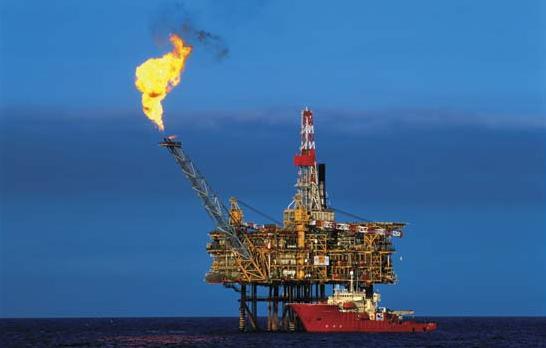
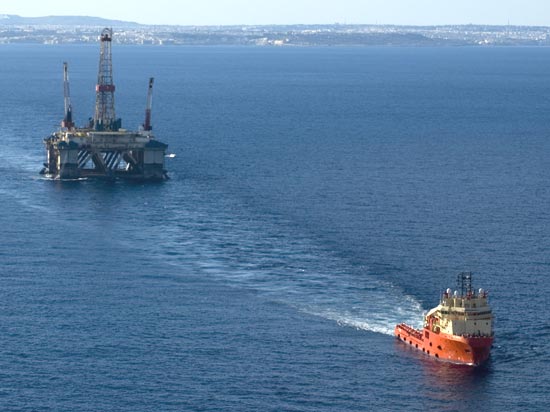
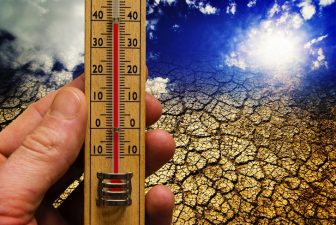
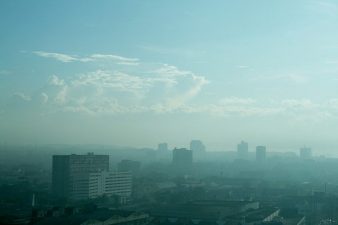
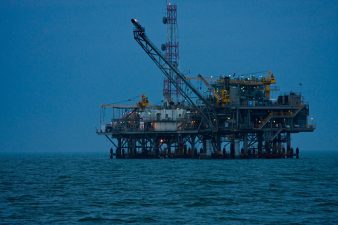
One thought on “Israel's Offshore Gas Deposits May Lead to Cleaner Air But Not Energy Independence”
Comments are closed.